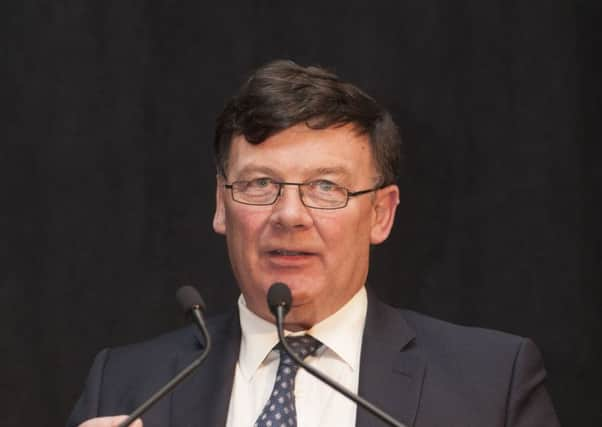Little hint of agreement on rural future post-Brexit
This article contains affiliate links. We may earn a small commission on items purchased through this article, but that does not affect our editorial judgement.


Instead, during a special debate looking at the particular problems likely to be faced by rural dwellers and businesses in Scotland following the UK’s proposed exit from the EU, battle lines were being drawn up and blame games played over where the responsibility for current uncertainties lay.
NFU Scotland had made the call for a united approach in its briefing to MSPs prior to the main chamber debate, with union president Allan Bowie stating he welcomed the fact that the rural economy had been recognised as a priority for parliamentary discussion.
Advertisement
Hide AdAdvertisement
Hide AdHe stressed that it was crucial that all parties found common ground on the major issues such as future trade arrangements, agricultural support and the free flow of labour.
However, he admitted that many questions still needed to be answered: “Whilst the recent announcement from the Chancellor of the Exchequer that Pillar 1 funding would be honoured up until 2020 was an important intervention, questions still remain about how this funding will be delivered to Scotland.”
Bowie said that the briefing highlighted the fact that clarification was also urgently needed on Pillar 2 spending, and said the union was calling upon Scottish Government to confirm the continuation of committed spend for the Less Favoured Area Support Scheme (LFASS) in particular.
He said that the union had also stressed the severe impact that the loss of non-UK labour could have on the agricultural industry, which currently employs up to 15,000 seasonal workers every year and hundreds more on a permanent basis.
• Meanwhile, the British Veterinary Association (BVA) yesterday called on the UK government to ensure existing animal health and welfare, public health, veterinary medicines, workforce, and environmental protection standards were at least maintained as part of negotiations on the UK’s exit from the European Union.
The organisation said that the unique selling point of “UK plc” post-Brexit should be high animal welfare and food safety standards.
